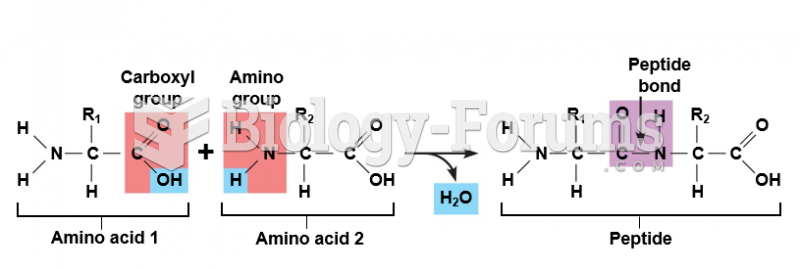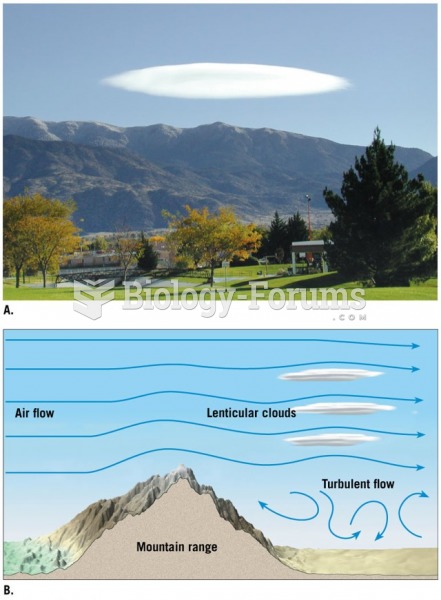|
|
|
Anesthesia awareness is a potentially disturbing adverse effect wherein patients who have been paralyzed with muscle relaxants may awaken. They may be aware of their surroundings but unable to communicate or move. Neurologic monitoring equipment that helps to more closely check the patient's anesthesia stages is now available to avoid the occurrence of anesthesia awareness.
In 1864, the first barbiturate (barbituric acid) was synthesized.
Increased intake of vitamin D has been shown to reduce fractures up to 25% in older people.
More than 34,000 trademarked medication names and more than 10,000 generic medication names are in use in the United States.
Earwax has antimicrobial properties that reduce the viability of bacteria and fungus in the human ear.







